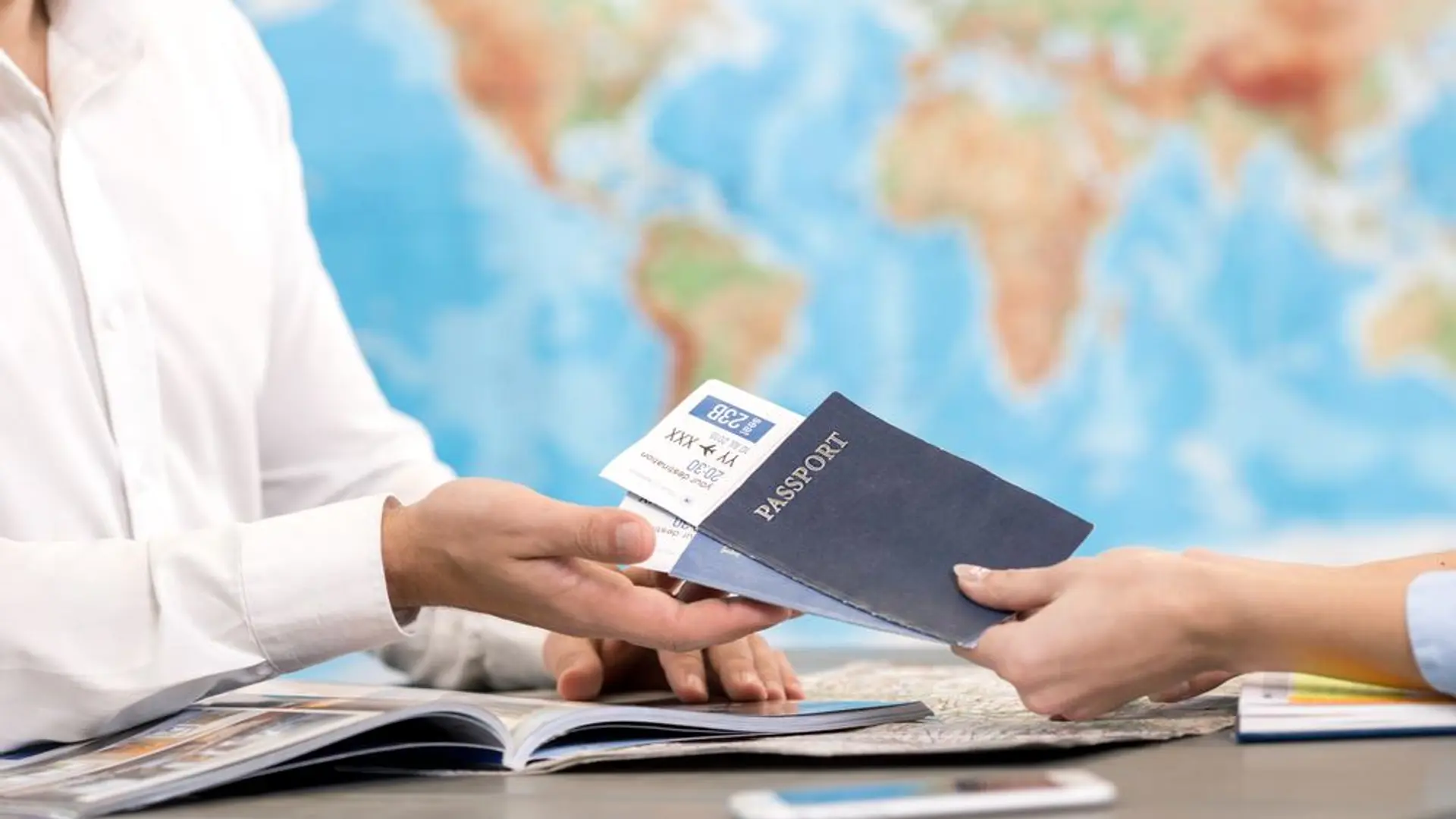

5 Core Consumer Trends That Will Change the Face of the Online Travel Industry
There’s a new startup which is born every day fighting an uphill battle to stand out. The only way to create a voice people like to hear is by giving your audience not just what they want, but also what they need. The online travel industry is the perfect example for that. There is a demonstrating percentage increase among Indian travellers who prefer finalizing their bookings through an app or website as against the traditional modes of offline trip planning. Let’s take a look at the 5 consumer trends that are redefining the course for online travel companies.
1. Increase in disposable income:
Let’s back up 10 years. A decade ago, there weren’t such phenomenal number of trips being planned globally. The dynamic economic trends coupled with the change in allocation of funds directed towards travelling have made tourism one of the top grossing industries. Travel startups understand these treads and help travellers budget their trip for the right number of days to ensure a total value for the money spent.
2. Travel as an experience, not expense:
With higher purchasing power and exposure to immense travel literature, another factor that has led to the boom of the travel industry is the shift in perception. Travel is no longer seen as an expense. Instead, it is being viewed as an experience. A surge of young travellers and solo travellers look at travel as an investment as they seek more knowledge and experience from a holiday, be it domestic or international. Online trip planners pick on this sentiment and curate content strategies based on popular perception.
3. Time to plan a trip has reduced:
The idea of every new innovation is to reduce the time, energy and money spent by users. While traditional modes of trip planning saw a tedious back and forth between agents and clients, the presence of online players has resulted in a paradigmatic change in trip planning patterns. All visual and textual information is available at a user’s disposal, including finer details such as a detailed description of attractions, distance between places, local transportation facilities, instant booking and competitive pricing, which has fast-tracked the entire process of travel planning and execution.
4. Traditional travel plans are obsolete:
Why would anyone opt for an endless rigmarole with an agent who has been selling the same travel packed year after year, when they have all the tools available for planning a personalized trip? Travel websites thrive on content, especially with their comprehensive information destinations and attractions along with distance and directions on a dynamic map. Users can choose what appeals to them and customize their own itineraries.
5. Clever plotting of attractions:
The benefit of digital maps is that the attractions can be plotted linearly, meaning, in a straight-line so that the distance between two places is clear and the time spent in travelling is minimized. Online travel startups provide users with this feature which shows them a simple sequence of places, which can be plotted right from the hotel they are staying at. Also, some of these websites and apps have an intelligent user dashboard with features such as group planning, expense manager and more, to further simplify the planning process.
In summary:
Tourism is already a revenue-driven industry. Whether you like adventures or simple want to relax, online players let you select the type of traveller you can and suggest itineraries that will suit your needs. There’s no stopping any online travel portal on their journey of personalization once they understand their customers in and out!





